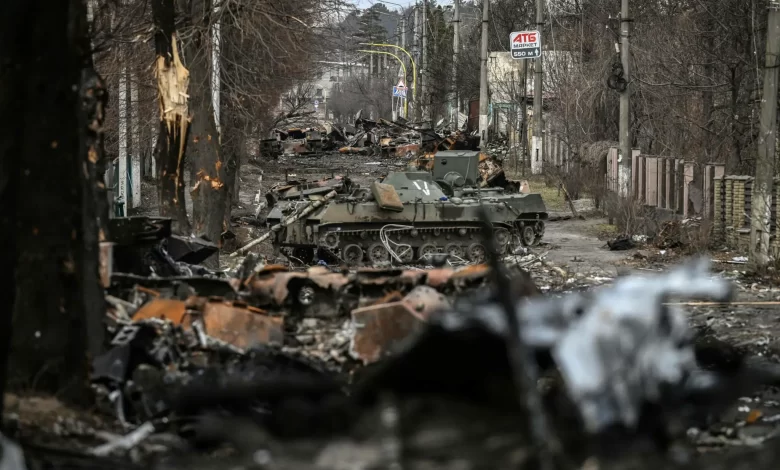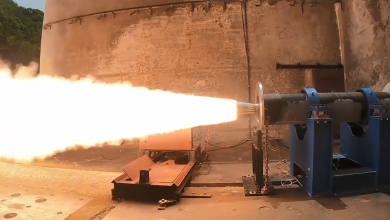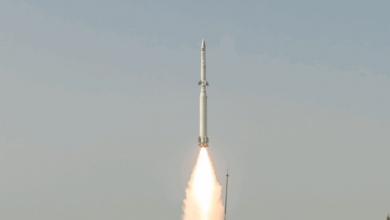Russia lost half its combat capability in Ukraine

The Russian military has lost nearly half of its combat capability in Ukraine since it launched a full-scale invasion in February last year.
The staggering statement was aired by Admiral Tony Radakin, head of the UK armed forces and the current chief military adviser to the prime minister, during a recent parliamentary hearing.
According to him, Moscow has become “so weak” that it can no longer wage its own counteroffensive against Kyiv’s forces.
“Russia has lost nearly half the combat effectiveness of its army,” Radakin said, as quoted by Financial Times. “Last year, it fired 10 million artillery shells but at best can produce 1 million shells a year.”
He further stated that the invading forces have lost approximately 2,500 tanks and can only produce 200 new tanks a year due to sanctions imposed by Western nations.
In Line With Previous Reports
Radakin’s claim matches previous intelligence reports about Moscow’s massive losses in its war against Ukraine.
Earlier this year, Dutch open-source website Oryx claimed that Russian forces have lost two-thirds of their tanks in Kyiv and are now struggling with obsolete Soviet-era vehicles.
Of the 3,000 tanks Russia deployed, 1,239 had been completely destroyed, 106 are partially damaged, and 544 have been seized
A leaked US military assessment also revealed that as many as 43,000 Russian soldiers had been killed and another 180,000 wounded since February 2022.
Defending Ukraine’s Spring Offensive
Radakin rejected claims that the war-torn nation is making slow progress in its highly-anticipated counteroffensive.
He said attacking a massive Russian force was “never a singular act,” and that the Ukrainian military is merely implementing a “starve, stretch, and strike” strategy.
“The question is, how do you take a front line that is more than a thousand kilometers long and turn it into more of a problem for Russia than for Ukraine?” he said during the hearing. “That is why you are seeing multiple axes being probed and feinted by Ukraine.”
Despite defending Kyiv’s forces, Radakin acknowledged that the lack of Ukrainian air cover and the insufficiency in modern equipment are making the counteroffensive campaign more complicated.





